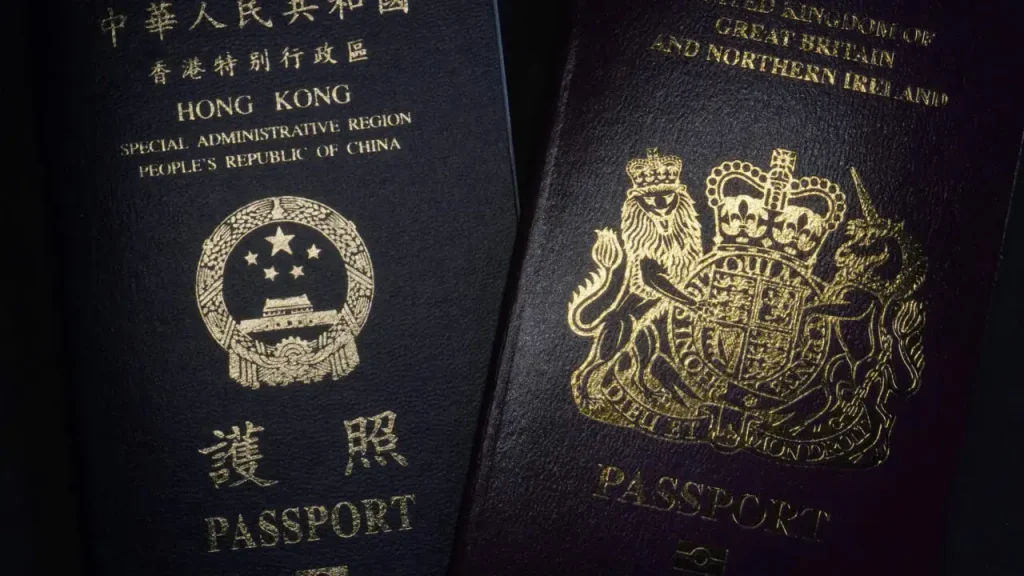On January 29, 2021, China announced it would no longer recognize the British National (Overseas) (BNO) passport as a valid travel document or proof of identity for Hong Kong residents, effective January 31, 2021.
The decision, articulated by Foreign Ministry spokesperson Zhao Lijian, is a direct response to the United Kingdom’s plan to offer residency to millions of Hong Kong residents eligible for BNO status starting January 31, following Beijing’s imposition of a national security law in June 2020.
Zhao stated that China “reserves the right to take further actions,” signaling potential escalation.
UK’s Humanitarian Move
The UK introduced the BNO visa pathway to provide refuge for up to 2.9 million Hong Kong adults born before 1997 and their 2.3 million dependents, allowing them to live and work in the UK for up to five years with a path to citizenship.
Previously, BNO passport holders had limited rights to visit the UK for six months without work or settlement privileges.
Prime Minister Boris Johnson emphasized the UK’s commitment, stating, “We have honored our profound ties of history and friendship with the people of Hong Kong, and we have stood up for freedom and autonomy.”
Context of the National Security Law
China’s national security law, enacted in June 2020, targets acts of secession, subversion, terrorism, and collusion with foreign forces, leading to mass arrests of pro-democracy activists and the erosion of freedoms promised under the 1997 Sino-British Joint Declaration.
The UK views the law as a “clear and serious breach” of the agreement, prompting the visa initiative.
Al Jazeera’s Katrina Yu noted that Beijing’s decision to invalidate BNO passports was anticipated, as it aligns with efforts to suppress dissent following the 2019 Hong Kong protests.
Practical Implications
The UK projects that up to 322,400 Hong Kong residents may take up the visa over five years, potentially contributing £2.9 billion ($4 billion) to the economy.
The visa costs £250 ($342) for five years, with a mandatory health surcharge of £3,120 ($4,268) for adults and £2,350 ($3,215) for minors.
A shorter 30-month visa option is also available. Since July 2020, approximately 7,000 BNO holders and dependents have already received exceptional leave to remain in the UK.
China’s Symbolic Retaliation
China’s move is largely symbolic, as most Hong Kong residents use their Hong Kong Special Administrative Region (HKSAR) passports or identity cards for travel within China.
However, it may restrict BNO holders’ ability to travel to mainland China or other regions recognizing only BNO documents.
The Hong Kong government has also barred BNO passports for immigration clearance or identity verification starting January 31, requiring residents to use HKSAR passports or identity cards instead.
UK’s Firm Stance
Foreign Secretary Dominic Raab reiterated the UK’s resolve, stating, “We won’t look the other way when it comes to Hong Kong. We will live up to our historic responsibility to its people.”
The UK Home Office clarified that BNO holders can use alternative documentation to access the visa, mitigating the impact of China’s non-recognition.
The move underscores ongoing tensions over Hong Kong’s autonomy and Beijing’s accusations that the UK is violating the 1997 handover agreement.






